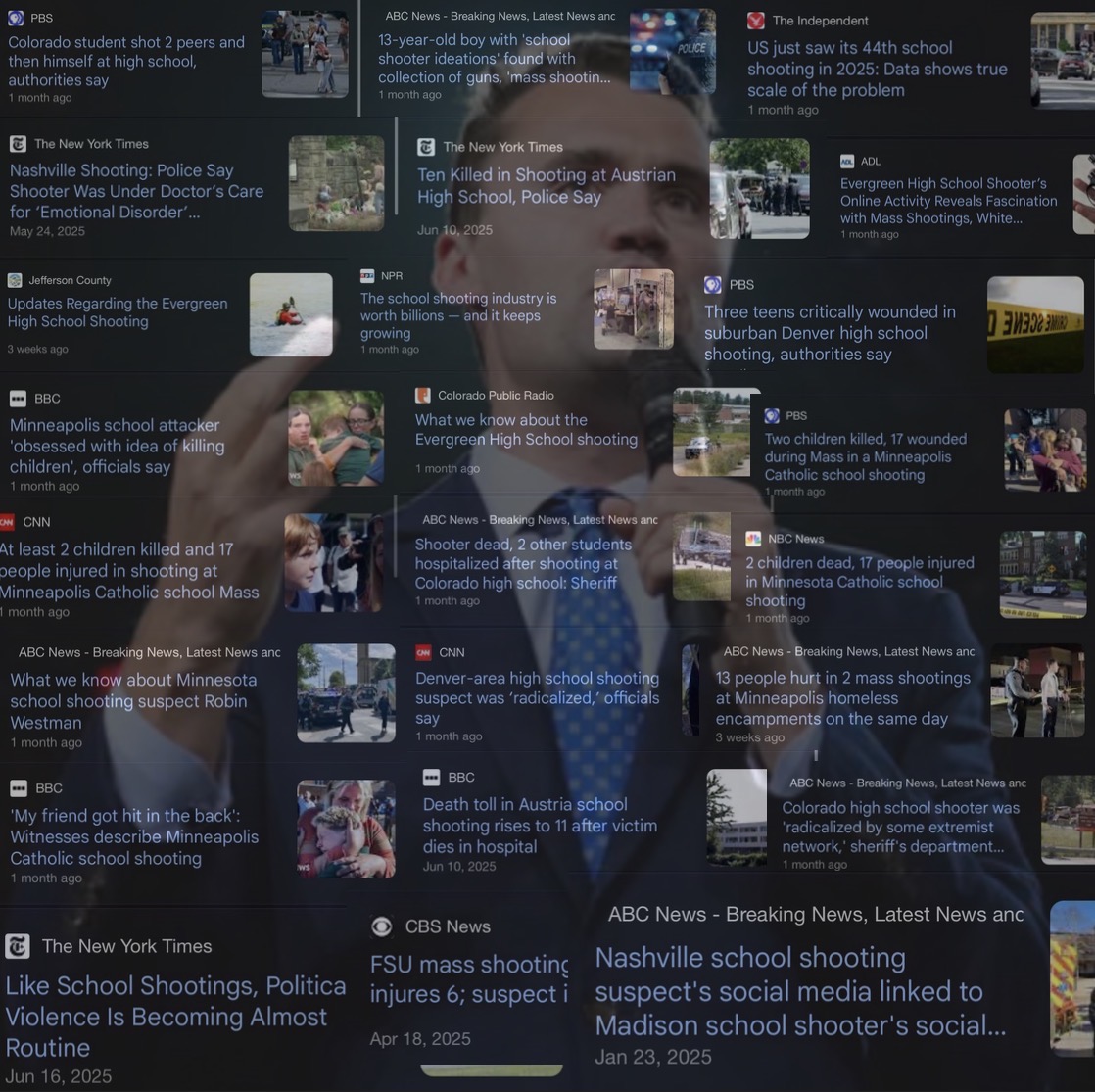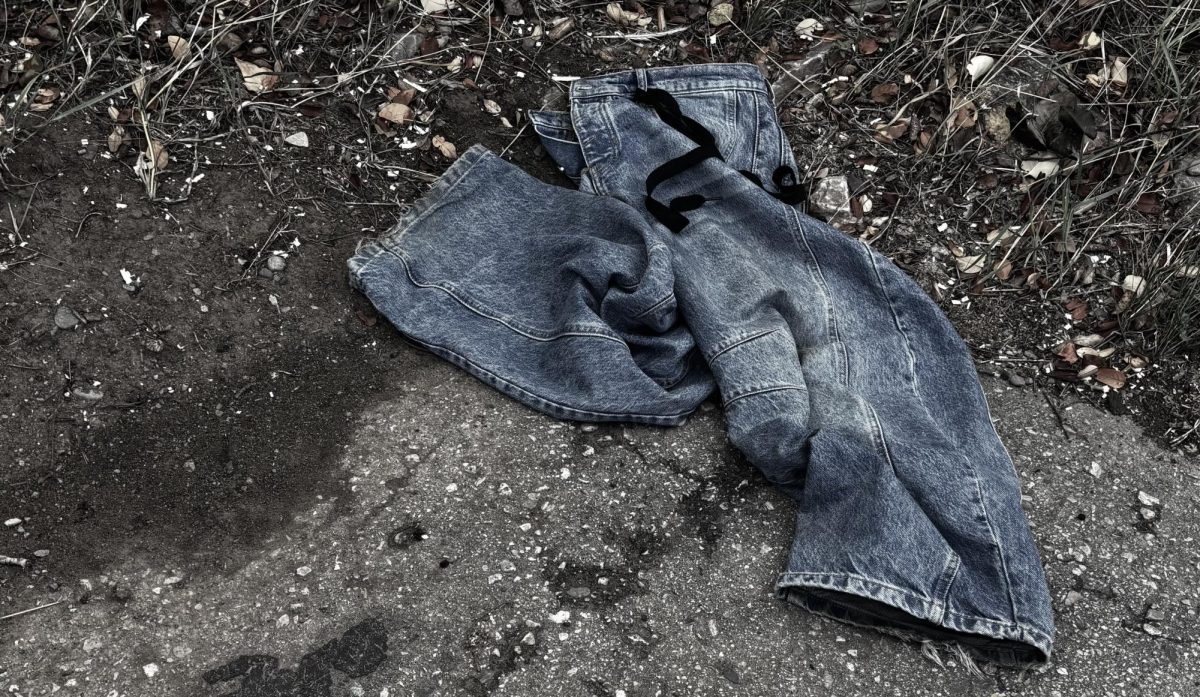Since its launch in the United States in August of 2018, TikTok has accrued roughly 1.59 billion users worldwide according to Statista, and became one of the most popular platforms amongst youth. It has become a source of entertainment, connection and even news/current events. With its popularity concerns have been raised about the security of the app initially by the president back in 2020, and after years of politicians going back and forth on the matter the “Protecting Americans from foreign adversary controlled applications act” was signed into law in April of 2024.
In his second term, President Trump has seemingly had a change of heart, as he began claiming that he would be the one to “save” TikTok despite being the first one to propose banning it in the first place. He is now working with Bytedance to sell TikTok to an American company. As of this September, Trump has yet again extended the enforcement delay of the ban, and has made remarks suggesting that a deal between Bytedance and the United States government might be reached in the near future.
Though those involved with the TikTok deal between China and the US have mostly kept quiet about the app’s future, rumors have spread about a United States only version of TikTok being the solution. If this were to become the solution, Oracle would be a likely buyer which has raised concerns from many who use TikTok as a way to share their activism. Since its proposal, suspicions have been raised that the reason behind it may stem from politically active youth using the platform to advocate for various causes.The ban on TikTok raises the question, if the United States government can decide what country owns the apps we use, and what we see on those platforms, what else can they dictate?
Censorship starts with small things like apps, but if the people don’t call out their governments, then it escalates quickly. The United States government should not feel the need to dictate where citizens get their entertainment, or news from. If the government feels this threatened by their people seeing content from differing perspectives around the world that may not always be in full support of the United States, then maybe that should be cause for concern on the people’s end.
Both parties love to preach about freedom of speech until that speech is critiquing their actions. The appeal of an app like TikTok is the community, as well as the ability to find new ways of thinking. By taking this away the United States government is being overbearing and forceful with its people, while disguising their actions as protection from Chinese propaganda.





